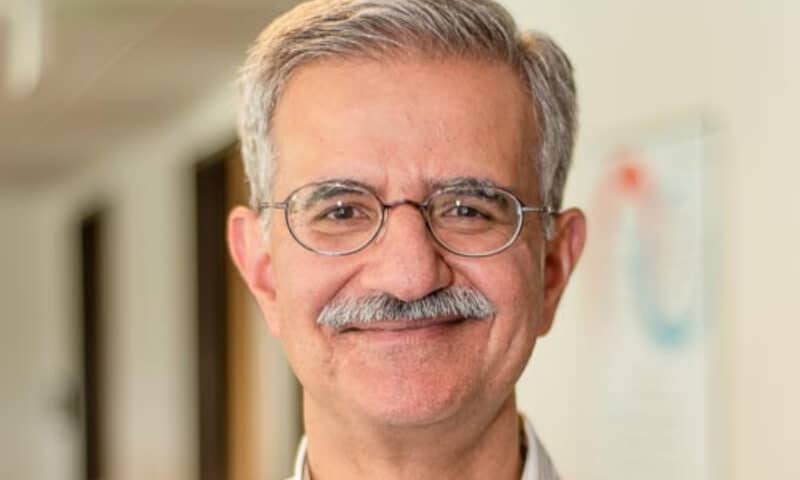Chemotherapy can kill off or contain fast-growing cancer cells, but it comes with well-known side effects that can limit its benefit. G1 Therapeutics aims to change that with its CDK4/6 inhibitor, which just snagged priority review from the FDA.
The agency plans to decide the fate of the drug, trilaciclib, by Feb. 15, and G1 is already gearing up for good news. This summer, it inked a co-promotion deal with Boehringer Ingelheim to market the drug in the U.S. as a treatment for small cell lung cancer (SCLC) and teamed up with Simcere Pharma to sell it in China, Hong Kong, Macau and Taiwan “across all indications.”
Trilaciclib is designed to combat the myelosuppressive effects of chemotherapy, meaning the damage the cell-killing drugs cause to patients’ bone marrow, preventing it from making enough white blood cells, platelets or red blood cells. Patients suffering these side effects may be more vulnerable to infection and may need to be hospitalized or even cut back on lifesaving chemotherapy.
“There are currently no available therapies to protect patients from chemotherapy-induced toxicities before they occur,” said Raj Malik, M.D., G1 Therapeutics’ chief medical officer and R&D chief, in a statement. “If approved, trilaciclib would be the first proactively administered myelopreservation therapy that is intended to make chemotherapy safer and reduce the need for rescue interventions, such as growth factor administrations and blood transfusions.”
The FDA submission is based on three phase 2 studies that tested the drug in patients with SCLC. Patients who received trilaciclib before undergoing chemotherapy had lower rates of myelosuppression and less need for supportive care than patients who received chemotherapy alone, according to data presented at this year’s virtual meeting of the American Society of Clinical Oncology.
G1 is also testing trilaciclib as a chemo companion in triple-negative breast cancer. Early data show the combination extended patients’ lives compared to chemotherapy alone; the company expects to report final survival data by the end of the year. It also plans to start a phase 3 trial in colorectal cancer in the fourth quarter.

